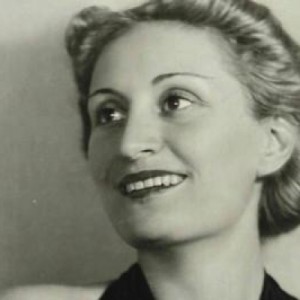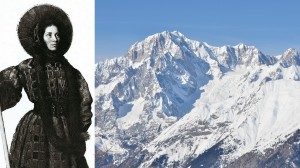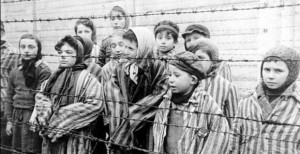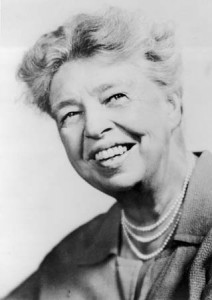1925. A teenage girl of fifteen years has just found out that mom has a love affair with the stationmaster of the country. The girl ashamed and disapproval of the behavior of the mother. Still doesn't know that life, sometimes, door men and women to seek consolation, revenge, or just a form of love outside of marriage. And condemnation for this mother, often violent and grumpy, a mother from slap easy, always locked in the kitchen. For the girl is simply inconceivable to think that dad might be betrayed. He knows that his father has betrayed and betrays often mom, especially during his long absence for work, but that does not count. He can, He can do all things.
This is the story of Edda Ciano Mussolini. Born in 1910, often lives far from father. However between the two develops a deep bond, made of silences full of meaning. It is the father who teaches her that should never be seen crying in public, and above all must never be afraid.
The beloved daughter of the duce, the eldest, is a capricious girl and stubborn, restless and bizarre, the only one who can stand up to the father and to which it is allowed to do so. Parents see in marriage the only natural brake at this girl's smart and rebellious excesses: start this way to propose to Edda a number of young men with excellent references, which are discarded one after another. The young man had a Jewish boy, presenting to the mother: Rachele, out of spite, preparing a lunch of ham, What that does not factor at all the pretender. Benito refuses to grant their hand obviously preferred to a Jew, and between these two the relationship ends. However, Edda in getting, ten years later, her Jewish friend from the concentration camp that was finished because of racial events.
Edda weddings in Rome 24 April 1930 count Galeazzo Ciano, met at a ball a few months before. A man who Edda will define perfect, Although it is still herself who described it as a husband by the hand "to and fro" and especially as a large "tombeur de femmes". The daughter of Mussolini will suffer greatly as a result of cheating husband, until, After spending an entire night trying in vain to get sick from pneumonia to frighten her husband, decide that whatever happened she would not have been ever more jealous. Edda and cyan continued to live together, UPS and downs, being like brother and sister, but not stopped ever to betray each other.
War breaks out: Edda works right from the start as a red cross nurse, first in Turin, then in Albania, where your ship is sunk by a British torpedo, and finally in Sicily, during the allied landings.
The 25 July 1943 the Countess is on holiday at the seaside with children, When it receives a message from the husband Cyan that asks her to return for Rome. Il duce fell. Edda strives to find a safe place for the whole family, trying first to the Vatican, then addressing himself directly to the Germans: the latter offer the family an escape for the Cyan Spain, but will prove a trap that will lead us in Germany, prisoners of the Nazis. The 18 October 1943 Cyan is stopped by officials of the new Social Republic of Salo and recalled to Italy: After you've secured the children in Switzerland, the woman will do anything to try to free her husband and to avoid the death sentence. Edda try to swap the man's diaries (anti German) to obtain in Exchange for the release of her husband; but Ciano is brutally shot the 11 January 1944 in Verona, along with other "traitors".
For Edda this is the beginning of the end. In the last meeting with il duce took place a few weeks before, Edda told Benito that if he hadn't intervened for Galeazzo she would have considered her father. The woman is angry with his mother, He has never taken the side of cyan in the past, much less in this circumstance.
Edda rejoins with children in Switzerland, Sola, and you move from a nursing home to another. He carries her husband's diaries, which will become a historical source of primary importance to reconstruct the facts of fascism from ' 36 to ' 43. And Switzerland that Edda will, via radio, the dreadful end of his father, the disgraceful end of piazzale Loreto, Mussolini hanging upside down with his mistress Claretta Petacci.
It's the showdown: Edda is called in Italy, and with grotesque charges was sent into internal exile on Lipari. Benefiting from an amnesty, Unable to be reunited with her children after a year of posting, and the battle begins to get the corpse of his father and the family property, battle that after long years will win.
The only thing that Edda claims to have done well is being managed, over time, to reunite what remained of his family: his mother and mother-in-law, the children and grandmothers. Inflexible and authoritarian woman, called "Edda" by his own sons, but at the same time fragile and vulnerable woman, Edda suffered unimaginable suffering, but following the advice of father, "never be afraid", he dared, After the terrible facts that marked his life, to live a near normal life.
Maria




